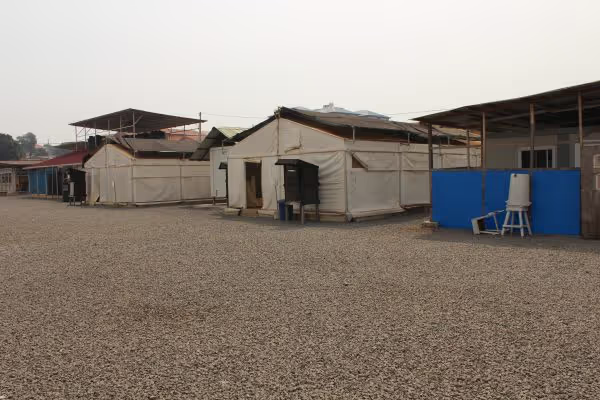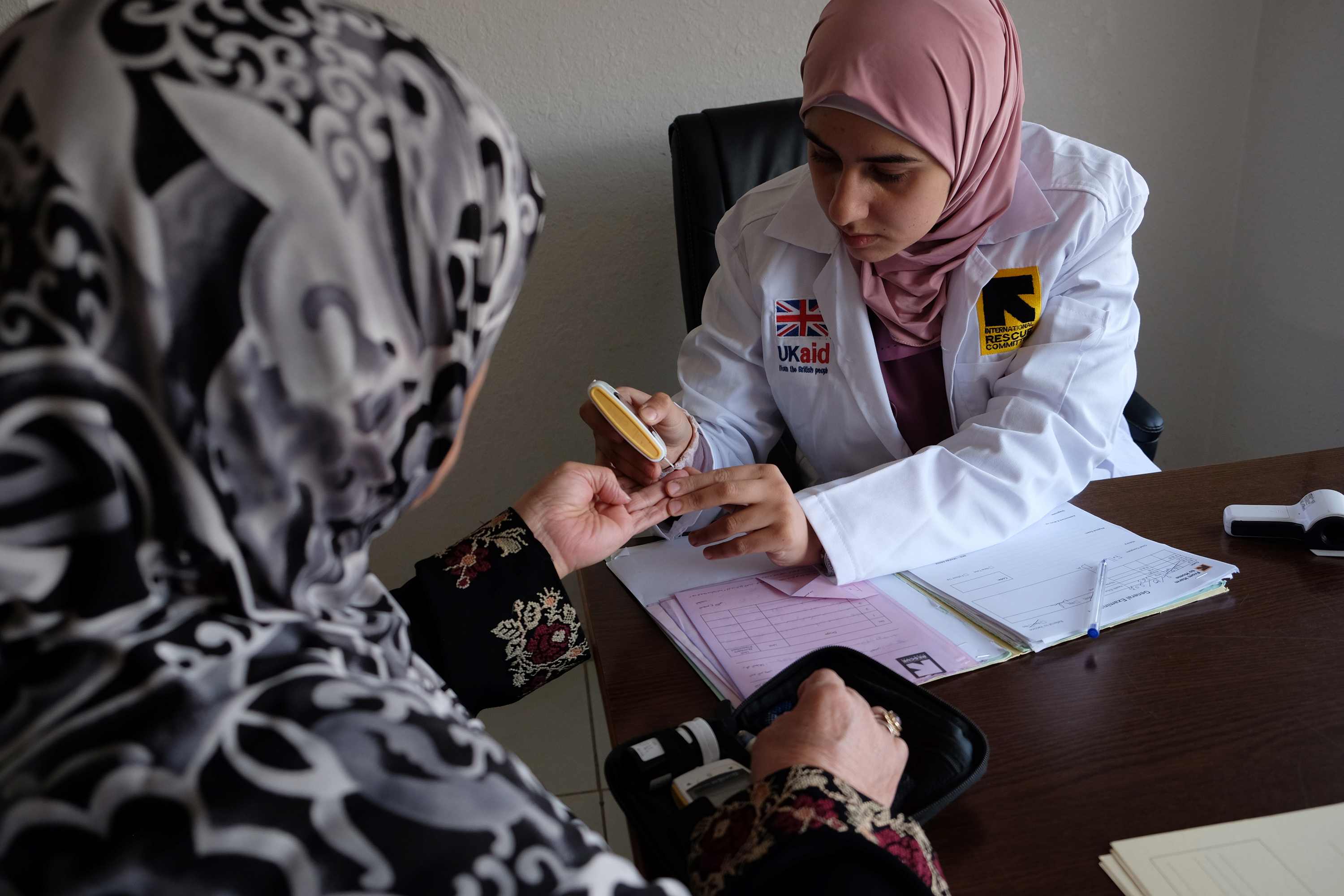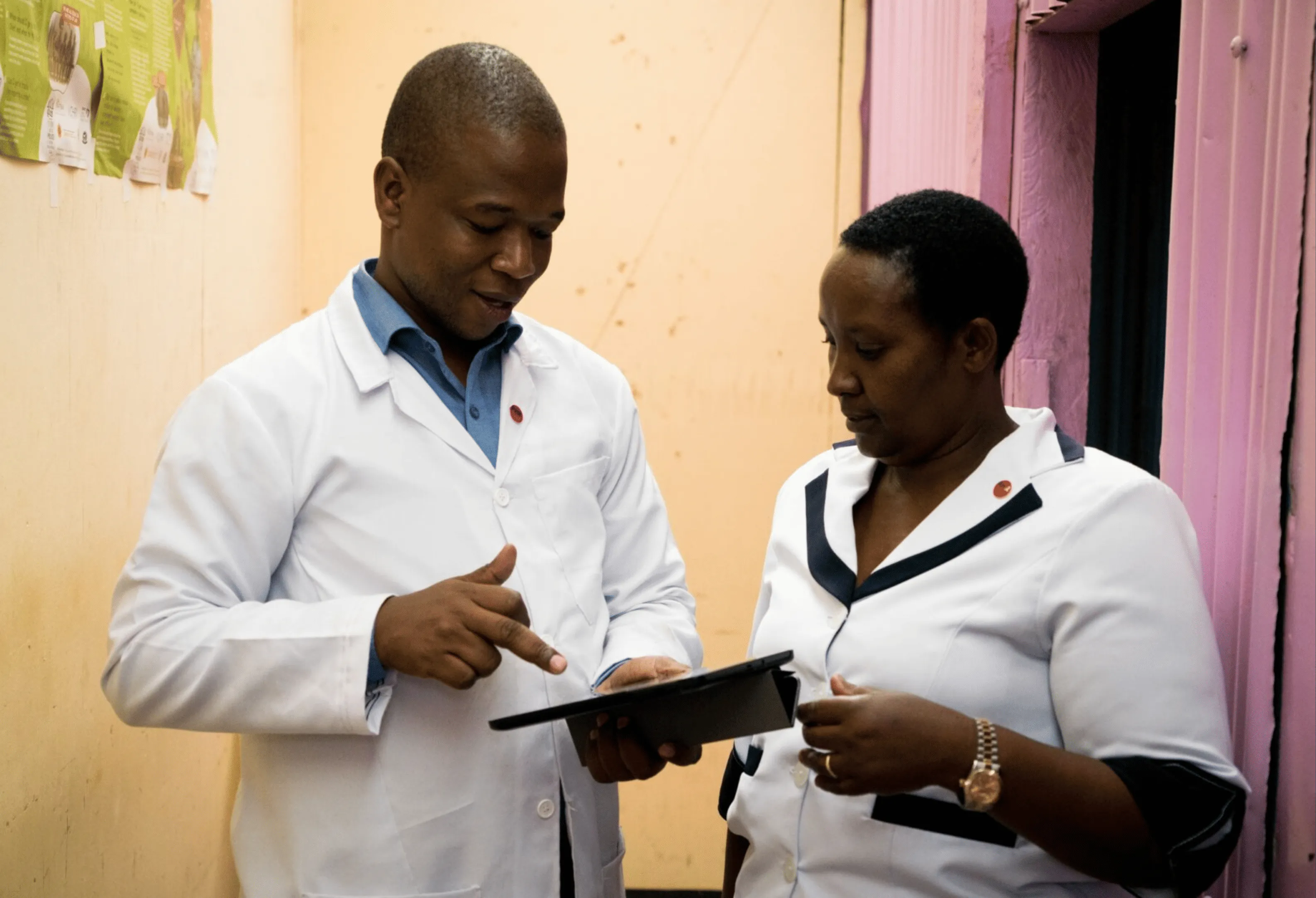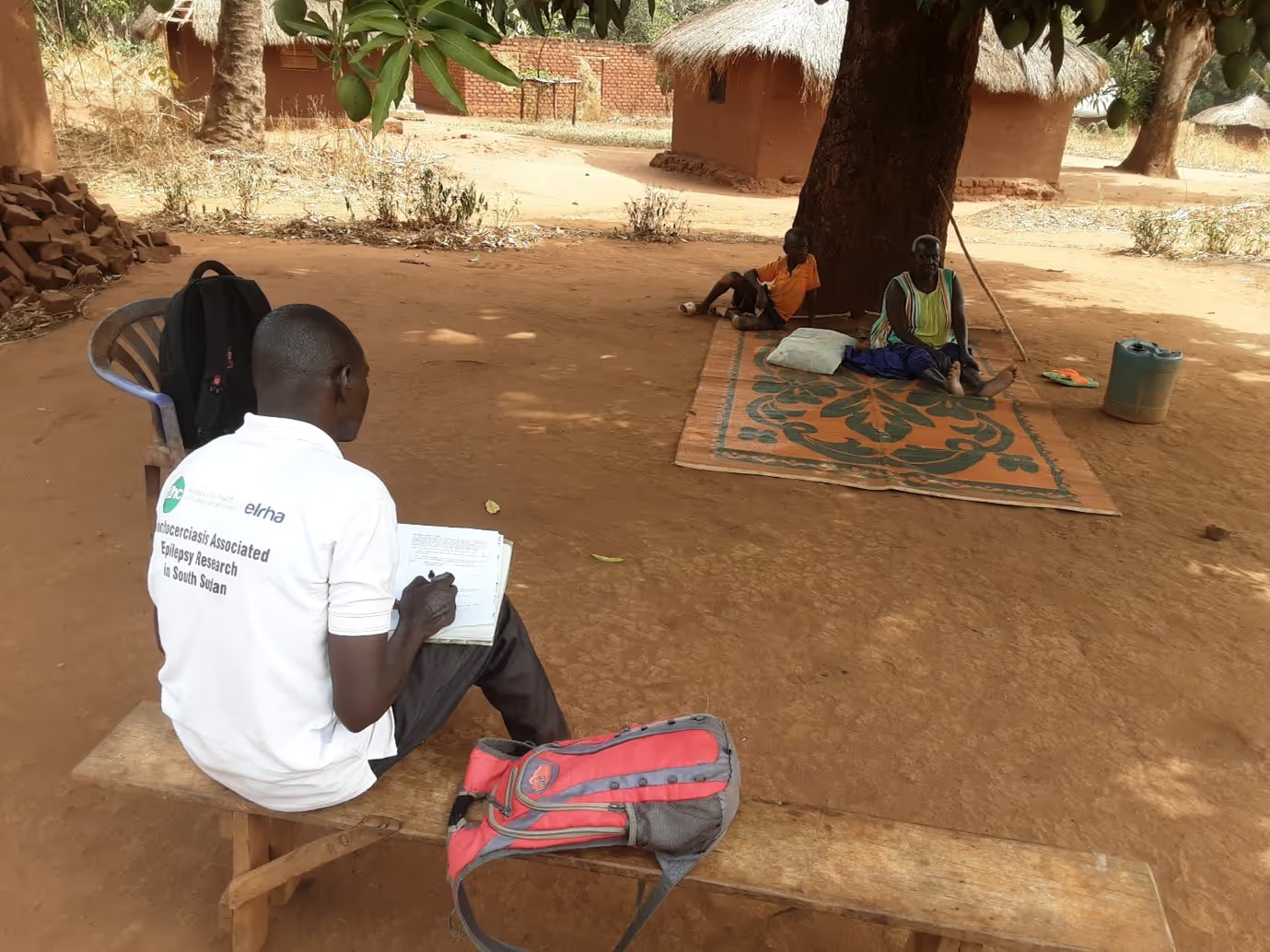Out of the shadows: Palliative care in humanitarian healthcare

On 9 February, the Humanitarian Health Ethics Research Group launched the first global survey on palliative care in humanitarian situations. This survey forms part of a larger R2HC-funded study led by the Humanitarian Health Ethics Group that aims to:
- Clarify ethical and practical possibilities and challenges of humanitarian organizations addressing patients’ and families’ palliative care needs during humanitarian emergencies
- Inform realistic, context-sensitive and stakeholder-informed guidance, education, and practices for the provision of palliative care during humanitarian emergencies
- Develop a baseline of current palliative care provisions in humanitarian action against which progress can be measured
Two and a half years ago, when our Humanitarian Health Ethics Research Group started questioning the place and general absence of palliative care in humanitarian healthcare, this seemed off the radar for many of our colleagues. As our study moves forward with this global survey, the question of where and how palliative care fits with humanitarian action is far less marginal. In November 2016, a small group including representatives from NGOs, academia, and inter-governmental organizations met in Geneva to share research and reflections on pediatric palliative care and emergency medicine. MSF is developing guidelines linked to pediatric palliative care, the WHO has formed a group to explore and develop needed resources for the provision of palliative care in humanitarian situations, and the SPHERE Project is committed to including palliative care in the next version of its handbook. The ground is shifting.
As others have noted, the persistent lack of attention to palliative care in humanitarian action cannot be traced to singular factors. At play are cultural and existential fears and discomfort with the topic and reality of death. Our publics, the donors, generally equate helping with helping to live, not helping to improve end-of-lives. There are well-documented Western medical professional equations of death with failure. Such equations may hook up with or animate forms of medical and/or humanitarian machismo that makes discussion and those we cannot save (our “failures”) particularly challenging. Palliative care may also be a collateral casualty of a politics of refusal. Alleviating suffering is not sufficient for many in the field of humanitarian healthcare today. Ethical action includes or even requires addressing social determinants of health and pushing for the strengthening of health systems, often towards a goal of global health equity. The thing is, however much we reduce disease and mortality rates, sickness and dying will remain. Even if we manage to dramatically reduce health inequalities and resource limitations within specific contexts, humanitarian healthcare will always involve some individuals who cannot be cured, and therefore will always involve individual healthcare providers who face these patients and feel a responsibility to provide them care.
Long time palliative care advocate Joan Marston states in a recent article, that there is a long road ahead in terms of figuring out what current levels of need for palliative care exist across diverse contexts, and how best to address these. What is also certain is that this road also involves cultural shifts: creating more room and acceptance of non-curative efforts in humanitarian healthcare as morally but also clinically important labor.
The political limitations of humanitarian healthcare are widely acknowledged at this historical juncture. Maybe growing recognition of palliative care within humanitarian healthcare marks a new era: one in which alongside the political limitations of humanitarian healthcare, we can acknowledge the limitations of modern medicine. This does not mean stopping work to challenge and change unequal geographies of disease and death in which we operate. It is about acknowledging that even while keeping this goal foremost in mind, the care and options available to patients with palliative needs even in the midst of crises might be improved.
Author Elysée Nouvet, co-investigator on the “Aid when there is ‘nothing left to offer" project. She is part of the Humanitarian Health Ethics Research Group and a medical anthropologist based at McMaster University in Hamilton, Canada.
;On 9 February, the Humanitarian Health Ethics Research Group launched the first global survey on palliative care in humanitarian situations. This survey forms part of a larger R2HC-funded study led by the Humanitarian Health Ethics Group that aims to:
- Clarify ethical and practical possibilities and challenges of humanitarian organizations addressing patients’ and families’ palliative care needs during humanitarian emergencies
- Inform realistic, context-sensitive and stakeholder-informed guidance, education, and practices for the provision of palliative care during humanitarian emergencies
- Develop a baseline of current palliative care provisions in humanitarian action against which progress can be measured
Two and a half years ago, when our Humanitarian Health Ethics Research Group started questioning the place and general absence of palliative care in humanitarian healthcare, this seemed off the radar for many of our colleagues. As our study moves forward with this global survey, the question of where and how palliative care fits with humanitarian action is far less marginal. In November 2016, a small group including representatives from NGOs, academia, and inter-governmental organizations met in Geneva to share research and reflections on pediatric palliative care and emergency medicine. MSF is developing guidelines linked to pediatric palliative care, the WHO has formed a group to explore and develop needed resources for the provision of palliative care in humanitarian situations, and the SPHERE Project is committed to including palliative care in the next version of its handbook. The ground is shifting.
As others have noted, the persistent lack of attention to palliative care in humanitarian action cannot be traced to singular factors. At play are cultural and existential fears and discomfort with the topic and reality of death. Our publics, the donors, generally equate helping with helping to live, not helping to improve end-of-lives. There are well-documented Western medical professional equations of death with failure. Such equations may hook up with or animate forms of medical and/or humanitarian machismo that makes discussion and those we cannot save (our “failures”) particularly challenging. Palliative care may also be a collateral casualty of a politics of refusal. Alleviating suffering is not sufficient for many in the field of humanitarian healthcare today. Ethical action includes or even requires addressing social determinants of health and pushing for the strengthening of health systems, often towards a goal of global health equity. The thing is, however much we reduce disease and mortality rates, sickness and dying will remain. Even if we manage to dramatically reduce health inequalities and resource limitations within specific contexts, humanitarian healthcare will always involve some individuals who cannot be cured, and therefore will always involve individual healthcare providers who face these patients and feel a responsibility to provide them care.
Long time palliative care advocate Joan Marston states in a recent article, that there is a long road ahead in terms of figuring out what current levels of need for palliative care exist across diverse contexts, and how best to address these. What is also certain is that this road also involves cultural shifts: creating more room and acceptance of non-curative efforts in humanitarian healthcare as morally but also clinically important labor.
The political limitations of humanitarian healthcare are widely acknowledged at this historical juncture. Maybe growing recognition of palliative care within humanitarian healthcare marks a new era: one in which alongside the political limitations of humanitarian healthcare, we can acknowledge the limitations of modern medicine. This does not mean stopping work to challenge and change unequal geographies of disease and death in which we operate. It is about acknowledging that even while keeping this goal foremost in mind, the care and options available to patients with palliative needs even in the midst of crises might be improved.
Author Elysée Nouvet, co-investigator on the “Aid when there is ‘nothing left to offer" project. She is part of the Humanitarian Health Ethics Research Group and a medical anthropologist based at McMaster University in Hamilton, Canada.
Stay updated
Sign up for our newsletter to receive regular updates on resources, news, and insights like this. Don’t miss out on important information that can help you stay informed and engaged.
Related articles



Explore Elrha
Learn more about our mission, the organisations we support, and the resources we provide to drive research and innovation in humanitarian response.